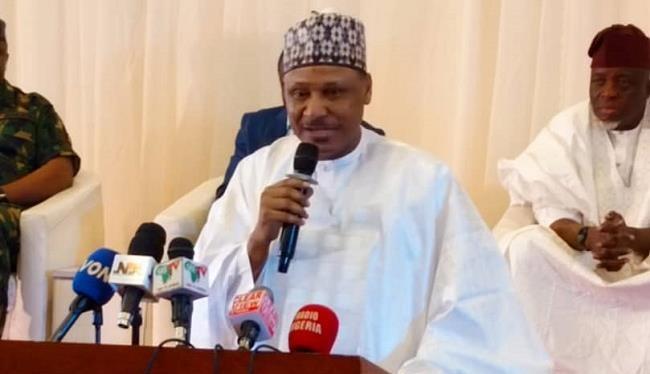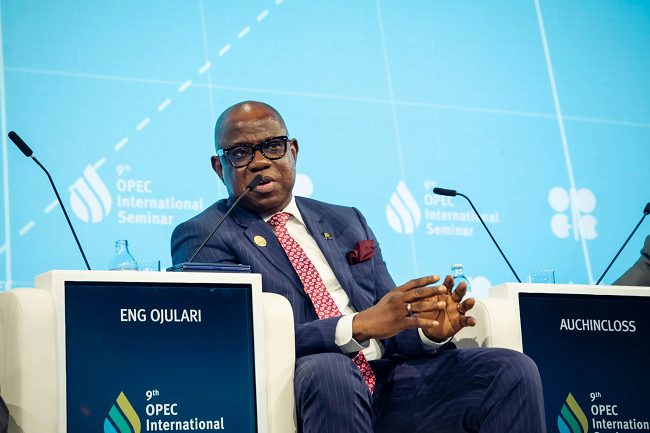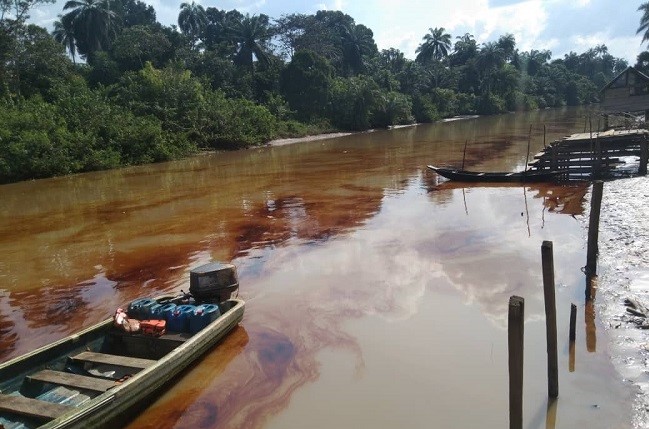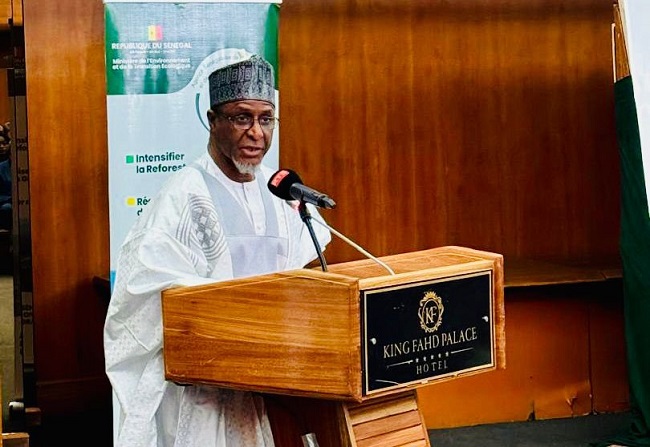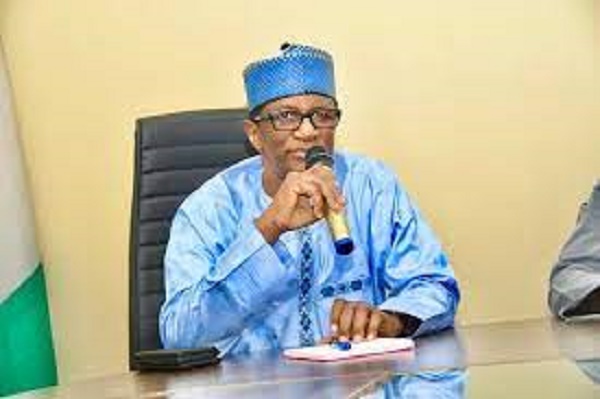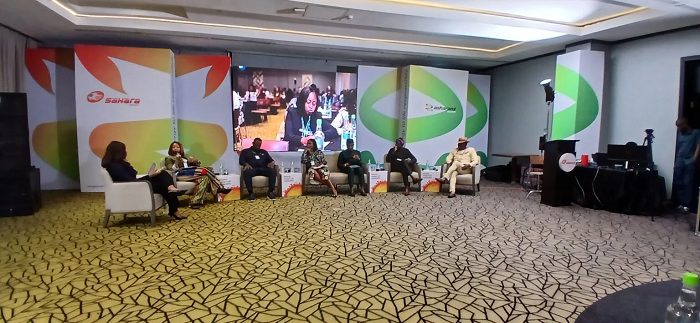The Green Climate Fund (GCF) Board has approved a record volume of climate finance for developing countries, green-lighting 17 new projects for climate action around the world. The $1.225 billion total is said to be the largest amount approved at a single Board meeting, during a year in which the Fund is scaling up its activities in response to the global demands for climate finance.
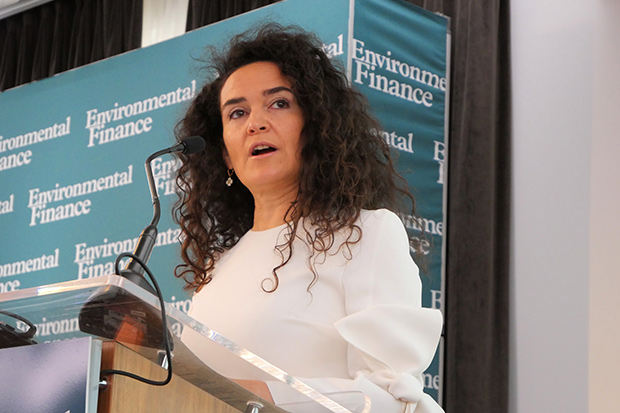
GCF now has a portfolio of 314 projects amounting to $18 billion in GCF resources, $67 billion including co-financing.
The projects will bring urgently needed funding for adaptation and mitigation action and include the first single-country GCF projects in Mauritania, Saint Lucia, and Papua New Guinea. The adaptation projects will benefit some of the most climate-vulnerable countries in the world, mainly targeting Least Developed Countries (LDCs), Small Island Developing States (SIDS) and African States.
The package of projects also includes investments which will mobilise private investment for climate action, including a $227 million equity investment in the Global Green Bonds Initiative that will unlock new green bond markets, particularly in sub-Saharan Africa, and a $200 million investment to drive green finance in India. The full list of new projects is below.
The 42nd GCF Board meeting (B.42) was hosted by the Government of Papua New Guinea from June 30 to July 3, 2025, marking the second time the Fund’s Board has met in the Pacific region.
GCF works through a network of over 150 partner agencies (‘Accredited Entities’), an unrivaled global network that includes international financial institutions such as Multilateral Development Banks, United Nations agencies, and commercial banks, as well as over 100 regional and national entities (‘Direct Access Entities’) from public, private and non-profit sectors. The Board agreed on a comprehensive reform package for GCF’s accreditation model. The reforms to GCF’s accreditation framework will make it more fit for purpose, providing enhanced transparency, responsiveness, and efficiency, whilst increasing fairness and country ownership.
Measures in the package will improve entities’ accountability and enhance Direct Access Entities’ capacity. The reforms include a nine-month service standard for GCF’s review of new applications, which will greatly speed up accreditation and facilitate an even more diverse and extensive partner network. Alongside the accreditation reforms, eight new partner organisations were approved to become Accredited Entities, including seven Direct Access Entities, listed below.
Following the decision of the Board at its last meeting to establish a regional presence for GCF, the Board has now decided to launch a call for proposals for countries to host regional offices and an outpost of the Fund. The Board has established criteria, a process and a timeline for selection. Proposals will be invited from interested countries, and after the Secretariat’s analysis, its recommendations will be presented for consideration by the Board.
The meeting also approved new Staff Regulations with the aim of ensuring that the Fund can attract and retain the highly qualified personnel needed to deliver on its ambitious mandate.
Co-Chair Leif Holmberg from Sweden, said: “This has been a very successful Board meeting with a record amount of funding and the adoption of some major reforms to make GCF more efficient and effective. I am delighted that the Board has approved comprehensive reforms to its accreditation framework – the largest policy package ever brought to the Board – which will speed up accreditation whilst maintaining accountability, allowing us to further grow our network of partners, particularly direct access entities.”
Co-Chair Amb. Seyni Nafo from Mali, said: “I am very proud that this Board meeting has approved a record amount of new climate finance for developing countries. GCF’s $1.225 billion investment in these new projects will improve resilience and accelerate mitigation efforts in 36 countries around the world. At a time when collective climate action is more needed than ever, GCF is stepping up to deliver on its mandate. I am also pleased that the Board is moving ahead on regional presence, which will bring GCF much closer to developing countries.”
Executive Director, Mafalda Duarte, stated: “Pacific islands are facing an existential threat from climate change. Holding our Board meeting in Papua New Guinea has reinforced for me the urgency of action to protect the resilient people and incredible biodiversity of this country and others in the region. We came here to deliver that action, and we have done so, with new finance for the Pacific and for projects around the world. Alongside a record volume of climate finance, this Board meeting has approved major policy decisions which support our 50 by 30 vision for GCF as we aim to become the climate finance partner of choice.
“Major reforms to our accreditation model will make us more efficient and broaden our partner network, and the selection process for our regional presence will bring us much closer to our beneficiary countries. Alongside our goal of becoming the partner of choice, GCF also wants to become the employer of choice, and in this context the adoption of new Staff Regulations will help us to attract a high-quality workforce as well as to reward and retain our talented and dedicated Secretariat staff.”
Seventeen funding proposals were approved at the 42nd meeting of the GCF Board (B.42):
- SAP050: Toward Risk-Aware and Climate-resilient communities (TRACT) – Strengthening climate services and impact-based multi-hazard early warning in Maldives with United Nations Environment Programme (UNEP)
- SAP051: Increasing resilience to the health risks of climate change in the Federated States of Micronesia with The Pacific Community (SPC)
- SAP053: FISH-ADAPT: Transforming climate resilience and sustainability in Saint Lucia’s fisheries communities with Food and Agriculture Organisation of the United Nations (FAO)
- SAP054: SOURCE Pacific Drinking Water Project with Asian Development Bank (ADB)
- FP265: Climate-resilient landscapes for sustainable livelihoods in northern Ghana with United Nations Environment Programme (UNEP)
- FP266: Strengthening the resilience of ecosystems and populations in four regional hubs in northern Mauritania with United Nations Environment Programme (UNEP)
- FP267: Scaling up ecosystem-based approaches to managing climate-intensified disaster risks in vulnerable regions of South Africa (Eco-DRR) with South African National Biodiversity Institute (SANBI)
- FP268: Scaling-Up Resilience in Africa’s Great Green Wall (SURAGGWA) with Food and Agriculture Organisation of the United Nations (FAO)
- FP269: Dairy Interventions for Mitigation and Adaptation (DaIMA) with the International Fund for Agricultural Development (IFAD)
- FP270: Climate Adaptive Irrigation and Sustainable Agriculture for Resilience (CAISAR) in Cambodia with the International Fund for Agricultural Development (IFAD)
- FP271: India Green Finance Facility (IGFF) with Asian Development Bank (ADB)
- FP272: Protecting livelihoods and assets at risk from Glacial Lake Outburst Floods (GLOFs) and climate change-induced flooding in glacial river basins of Nepal with United Nations Development Programme (UNDP)
- FP273: Papua New Guinea REDD-plus RBP for results period 2014–2016 with Food and Agriculture Organisation of the United Nations (FAO)
- FP274: Building the Climate Resilience of Children and Communities through the Education Sector (BRACE) with Save the Children Australia (SCA)
- FP275: Scaling up the Deployment of Integrated Utility Services (IUS) to Support Energy Sector Transformation in the Caribbean (Phase 1) Programme with Caribbean Development Bank (CDB)
- FP276: GCF’s investment into the Global Green Bond Initiative (GGBI) (previously known as Green and Resilience Debt Platform (GRDP)) with European Investment Bank (EIB)
- FP277: ATOME Villeta Green Fertiliser (AVGF) Project with International Finance Corporation (IFC).
As an indication of GCF’s determination to rapidly move projects to implementation, project agreements were signed with the Accredited Entities for nine of the newly approved projects immediately after the close of the Board meeting. Those projects are:
- SAP050: Toward Risk-Aware and Climate-resilienT communities (TRACT) – Strengthening climate services and impact-based multi-hazard early warning in Maldives with United Nations Environment Programme (UNEP)
- SAP053: FISH-ADAPT: Transforming climate resilience and sustainability in Saint Lucia’s fisheries communities with Food and Agriculture Organisation of the United Nations (FAO)
- FP265: Climate-resilient landscapes for sustainable livelihoods in northern Ghana with United Nations Environment Programme (UNEP)
- FP266: Strengthening the resilience of ecosystems and populations in four regional hubs in northern Mauritania with United Nations Environment Programme (UNEP)
- FP267: Scaling up ecosystem-based approaches to managing climate-intensified disaster risks in vulnerable regions of South Africa (Eco-DRR) with South African National Biodiversity Institute (SANBI)
- FP268: Scaling-Up Resilience in Africa’s Great Green Wall (SURAGGWA) with Food and Agriculture Organisation of the United Nations (FAO)
- FP269: Dairy Interventions for Mitigation and Adaptation (DaIMA) with the International Fund for Agricultural Development (IFAD)
- FP273: Papua New Guinea REDD-plus RBP for results period 2014–2016 with Food and Agriculture Organisation of the United Nations (FAO)
- FP274: Building the Climate Resilience of Children and Communities through the Education Sector (BRACE) with Save the Children Australia (SCA).
The following entities were approved for accreditation during the B.42 meeting:
- Banco Promerico de Costa Rica, based in Costa Rica
- Banque Nationale d’Investissement (BNI), based in Côte d’Ivoire
- Development Bank of Namibia Limited (DBN), based in Namibia
- Development Finance Corporation (DFC), based in Belize
- Environment Protection Fund (EPF), based in Lao People’s Democratic Republic
- JSC Georgian Energy Development Fund (GEDF), based in Georgia
- Saint Lucia Development Bank (SLDB), based in Saint Lucia
- International Land and Forest Tenure Facility (Tenure Facility), based in Sweden.
GCF now has a total of 153 Accredited Entities, including 101 regional or national entities (‘Direct Access Entities’).


